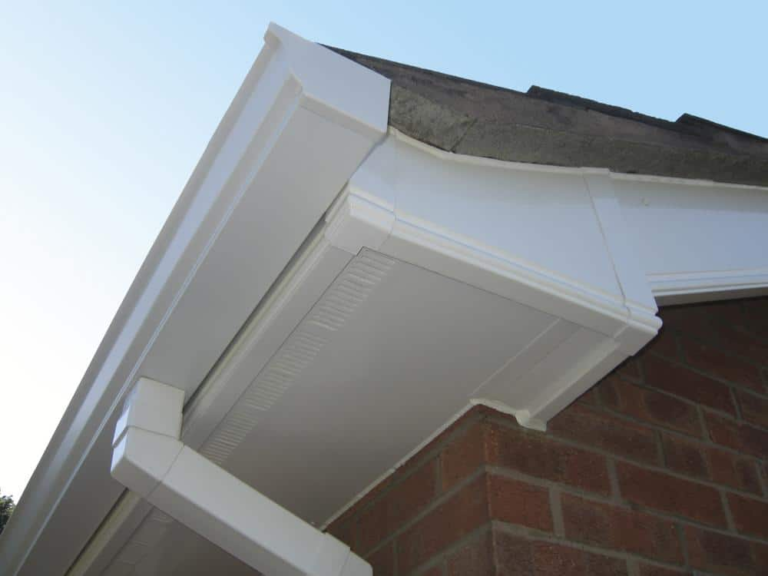See What Fascia Repair Tricks The Celebs Are Using
페이지 정보

본문
Fascia Repair: Understanding the Body's Connective Tissue
Fascia, a critical yet often overlooked part of the body, functions as a vital connective tissue that covers muscles, organs, and nerves. Comprehending fascia and its role in keeping total health is essential, particularly when thinking about fascia repair. This article looks into the significance of fascia, common injuries, the repair process, and available treatments.
What is Fascia?
Fascia is a thick network of connective tissues that provide structure and support to the body. It incorporates three main types:
- Superficial Fascia: Located just beneath the skin, this layer assists to soak up shock, secure underlying structures, and facilitate motion between layers.
- Deep Fascia: This layer surrounds muscles, capillary, and nerves, offering them with support, protection, and a pathway for motion.
- Visceral Fascia: This kind of fascia encloses internal organs, helping to preserve their position and function within body cavities.
Fascia plays an essential function in the body, contributing to both physical and functional elements of human health.
The Importance of Fascia in Health and Movement
Fascia serves numerous essential functions:
- Support and Stability: It helps maintain posture and supports muscle groups.
- Assisting in Movement: Fascia allows for smooth movement of muscles and decreases friction.
- Injury Protection: A healthy fascia can take in forces and decrease internal tension throughout physical activity.
- Neurological Function: Fascia contains nerve endings that add to proprioception, the body's sense of placing.
Dysfunction or injury to fascia can result in different musculoskeletal concerns, impacting the body's overall efficiency and well-being.
Typical Fascia Injuries
Fascia can end up being harmed due to numerous aspects, consisting of severe injury, recurring pressure, or persistent conditions. Some typical injuries and conditions related to fascia consist of:
- Fasciitis: Inflammation of the fascia, typically seen in conditions like plantar fasciitis.
- Fascial Adhesions: These are areas where fascia ends up being thickened or scarred, frequently due to previous injuries or surgeries.
- Fascial Strain: Overstretching can happen, particularly in athletes or those engaged in difficult activities.
Table 1: Common Fascia-Related Conditions
| Condition | Description | Typical Causes |
|---|---|---|
| Fasciitis | Swelling of fascia | Overuse, injury |
| Fascial Adhesions | Thickened areas of fascia | Scar tissue, injury |
| Fascia Strain | Overstretching and tearing of fascia | Sudden movements, excessive workout |
The Fascia Repair Process
When fascia is injured, the repair procedure normally includes several stages:
- Inflammation: The body acknowledges the injury, leading to increased blood circulation and pain, which assists initiate recovery.
- Proliferation: New tissue begins to form, a process understood as fibroplasia. Collagen fibers are produced, assisting to restore stability.
- Improvement: The new fascia goes through reorganization over the weeks and months following injury, causing improved strength and versatility.
Nevertheless, there are elements that can make complex the healing process, such as age, nutrition, exercise, and overall health.
Treatment Options for Fascia Repair
Effective treatment for fascia injuries generally includes a mix of approaches designed to lower discomfort, promote recovery, and restore function. Common approaches include:
Conservative Treatments
- Rest and Activity Modification: Avoiding aggravating activities permits for initial healing.
- Physical Therapy: Targeted exercises and treatments (like extending and strengthening) can assist restore function and flexibility.
- Non-Steroidal Anti-Inflammatory Drugs (NSAIDs): Pain relief medication to decrease inflammation and discomfort.
Advanced Treatments
- Handbook Therapy: Techniques such as myofascial release objective to relieve stress in the fascia.
- Dry Needling: A method that includes placing needles into the fascia to lower adhesions and activate points.
- PRP Therapy (Platelet-Rich Plasma): This involves injecting focused platelets from the patient's blood to accelerate healing.
Table 2: Treatment Options for Fascia Repair (156.230.15.79)
| Treatment | Description | Efficiency |
|---|---|---|
| Manual Therapy | Hands-on methods for alleviating tight fascia | Moderate to high |
| Physical Therapy | Custom-made exercises to fix up fascia | High |
| Dry Needling | Needle insertion to relieve discomfort and tension | Moderate to high |
| PRP Therapy | Injection treatment using the client's own platelets | Emerging proof suggests high |
Frequently Asked Questions About Fascia Repair
What are the early signs of fascia pain?
Early signs can include localized discomfort, swelling, tightness, and a reduction in movement.
Can fascia injuries heal by themselves?
While minor fascia injuries may heal with rest and self-care, more extreme cases frequently need professional treatment.
How can I avoid fascia injuries?
Keeping versatility through regular stretching, participating in strength training, and ensuring correct strategy throughout exercise can assist prevent injuries.
Is surgery ever required for fascia repair?
Surgical treatment is generally considered a last hope after conservative treatments have failed, specifically for severe cases like compartment syndrome.

The length of time does it consider fascia to recover completely?
Healing times differ by private and intensity of the injury but can range from weeks to a number of months.
Fascia is a crucial element of the body that plays a necessary role in preserving structural stability and assisting in motion. Comprehending the value of fascia repair is crucial for anybody experiencing discomfort or dysfunction. By acknowledging the indications of fascia injury and checking out treatment alternatives, individuals can work towards recovery and improved overall health. Awareness and proactive management can significantly enhance quality of life and physical efficiency.

- 이전글See What Replacement Conservatory Panels Tricks The Celebs Are Utilizing 25.07.05
- 다음글Learn More About Get Driving License While Working From The Comfort Of Your Home 25.07.05
댓글목록
등록된 댓글이 없습니다.


